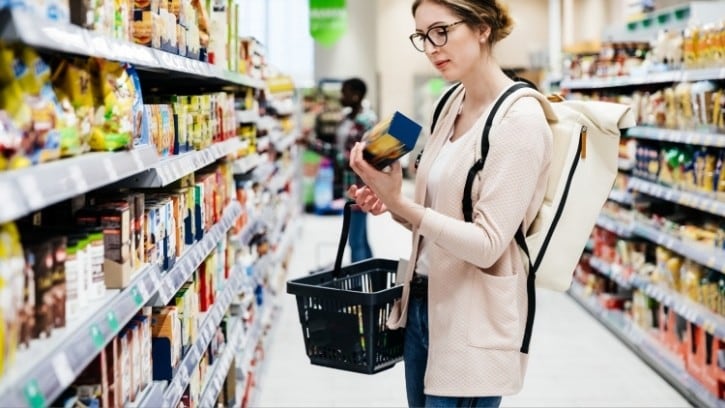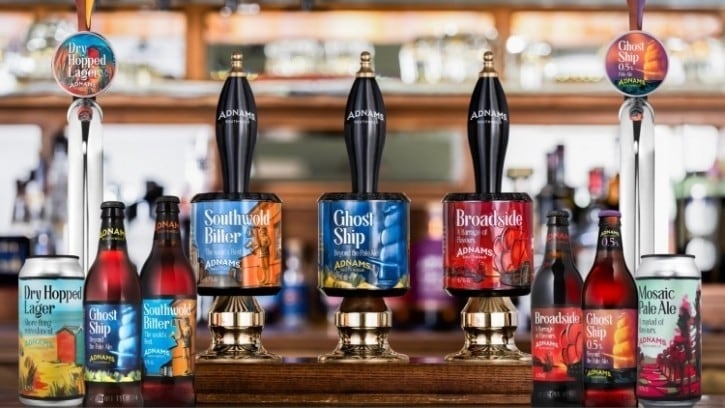According to new figures from the Office for National Statistics (ONS), the inflation rate – which measures the change in food and drink prices over the past 12 months – was calculated as 2.9% for April 2024, down from 4% in March.
This figure represents the first time that F&B inflation has fallen below 3% since November 2021.
Between March and April prices rose by 0.3%, compared with a monthly increase of 1.4% a year ago, while prices have risen by around 2% since May 2023.
The annual rates for eight of the 11 food and non-alcoholic beverages classes eased between March and April, with the exceptions being oils and fats, fish and hot beverages. The main downward effects came from a combination of bread and cereals, meat, dairy products, vegetables and soft drinks.
In response to the April figures, The Food and Drink Federation CEO Karen Betts said: “The continued fall in food and non-alcoholic drink inflation is good news for households and for food and drink businesses. There remain risks, including geopolitical events impacting shipping and oil prices, and changing weather patterns impacting harvests globally. But manufacturers and the food system more broadly are continuing to shield shoppers successfully from this volatility.
“We continue to actively engage government to ensure they play their part in ensuring food and drink price inflation continues to fall. Plans for ‘Not for EU' food labelling in Great Britain will push up prices, inhibit growth and cause a drag on investment in our sector. New border checks are pushing up costs particularly for smaller manufacturers and food businesses, and chaotic government guidance is heaping pressure on business owners. The government has a duty to shoppers to fix these issues in a constructive way, and to ensure they are not responsible for self-inflicted economic damage in communities.”
In other news, Kellanova has confirmed that its Kellogg’s cereal factory in Manchester will close towards the end of 2026.





